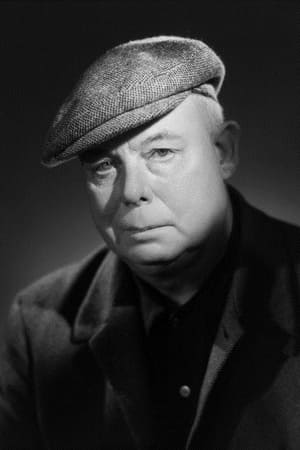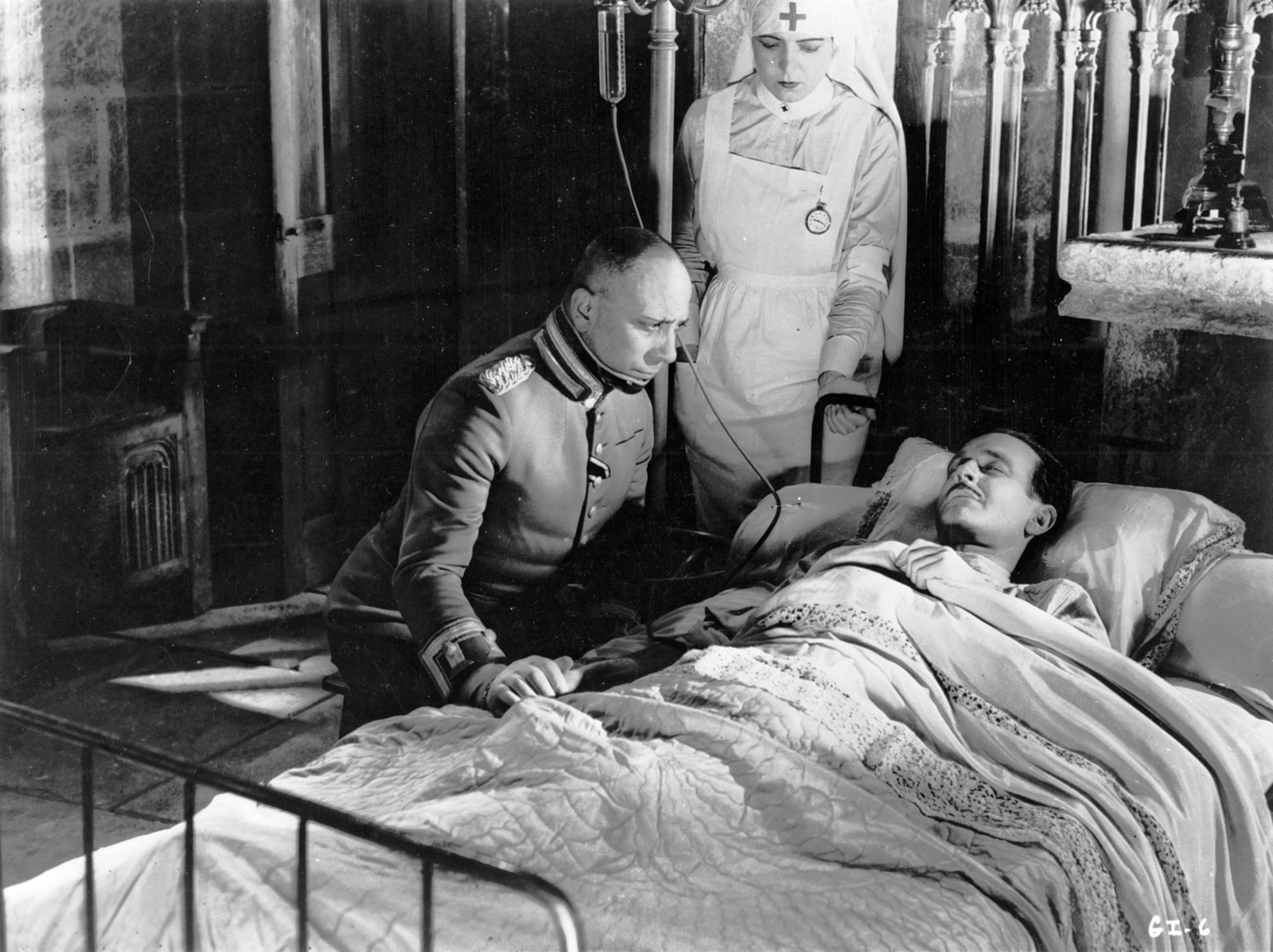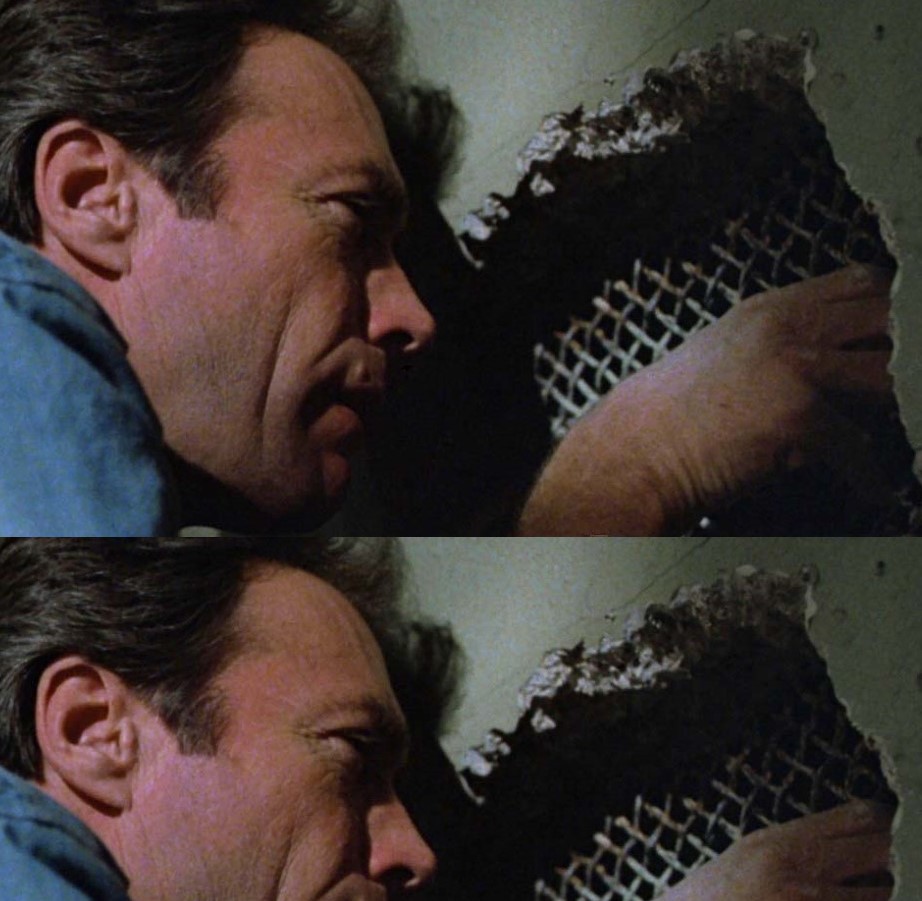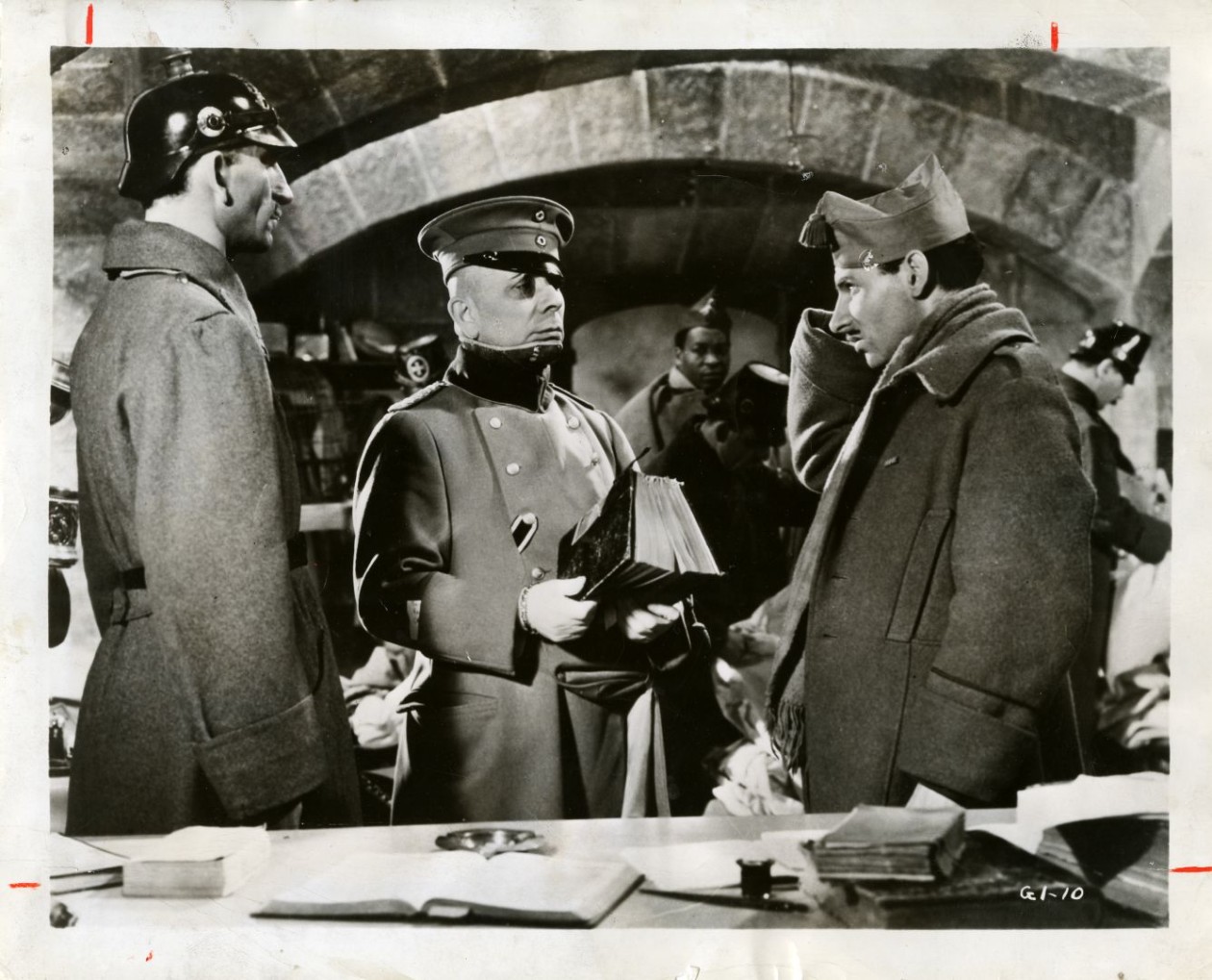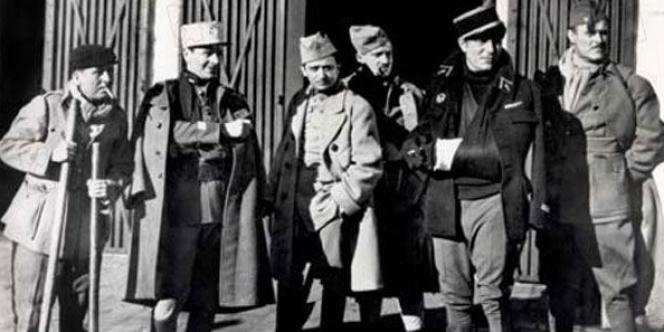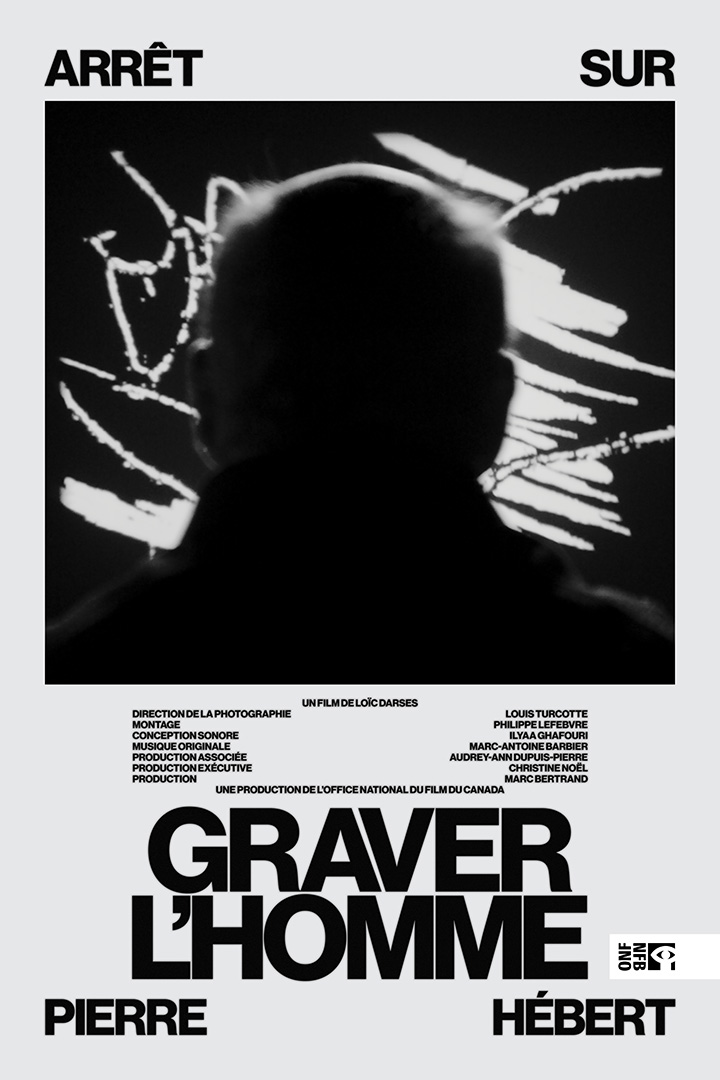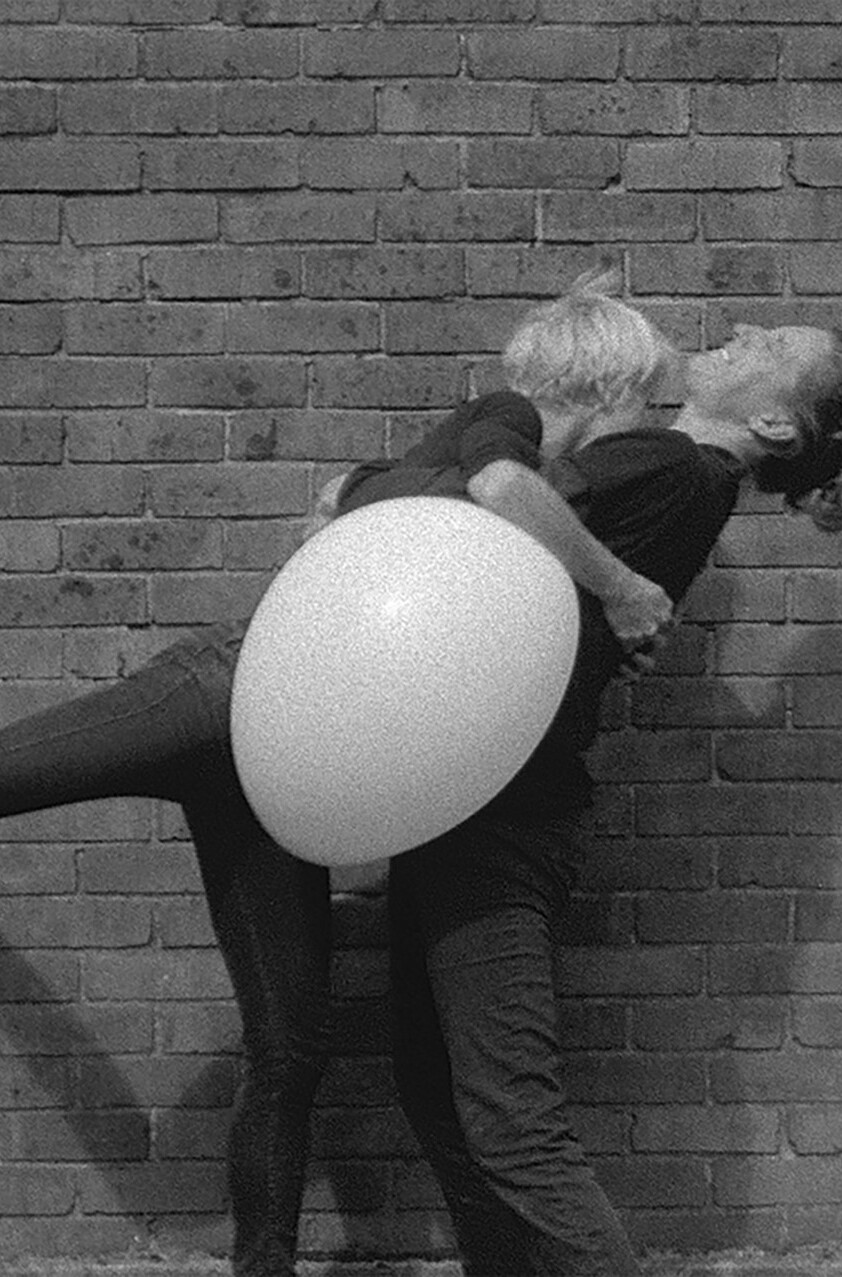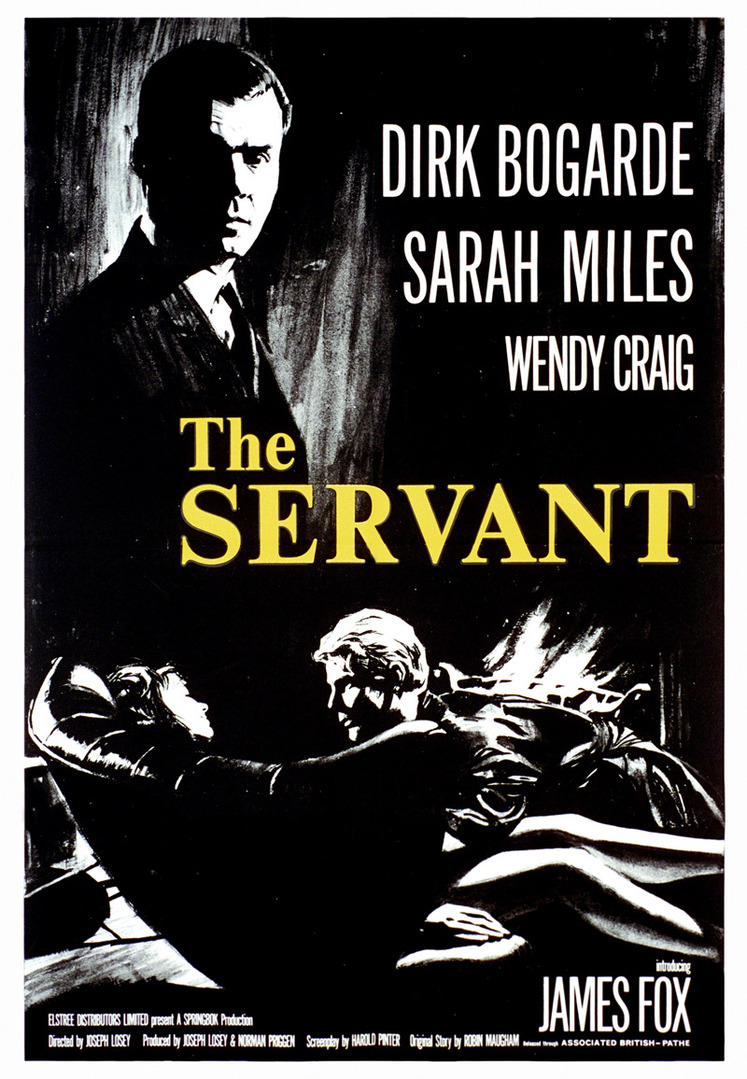La grande illusion
Cinema has always been fond of escape stories. Whether epic or intimate stories, war or prison film, tragedy or comedy, these tales reflect the injustices, violence and conflicts that tear people apart, as well as their propensity for solidarity and compassion. The inventiveness the characters devote to escaping is reminiscent of that of filmmakers who stage their imprisonment in order to better break it down: an always meticulous game, set against a backdrop of spatial constraints and a race against time.
First World War. Two French soldiers are taken prisoner by Commander von Rauffenstein, a refined and respectful German. Taken to a prison camp, they help their roommates dig a secret tunnel. But on the eve of their escape, the prisoners were transferred. They were finally taken to a high-security fortress run by von Rauffenstein. He treated the prisoners with courtesy, even befriending Boeldieu. But the French officers were planning a new escape.
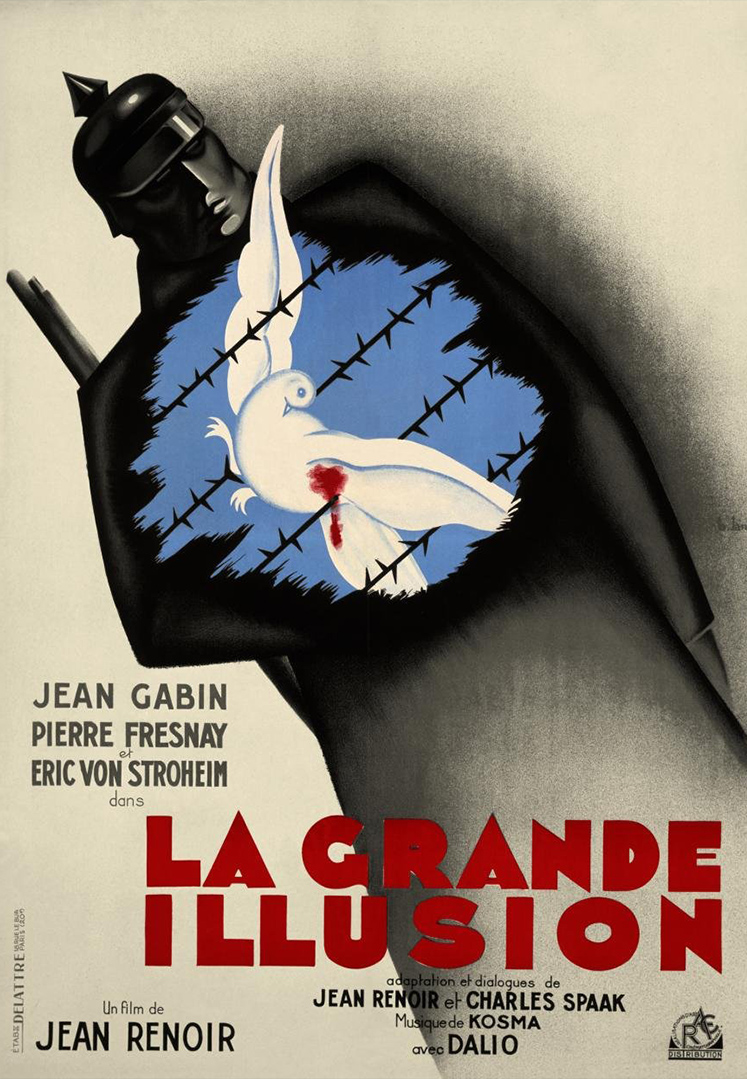
Jean Renoir
Second son of the famous painter Auguste Renoir, his films had a profound impact on the mutations of French cinema between 1930 and 1950, paving the way for the New Wave. After fighting in the army during the First World War, he directed his wife and older brother in his first film in 1924, La fille de l'eau. It wasn't a great success, but young Jean, with his passion for cinema, didn't give up. His career really took off with La chienne, in 1931. La grande illusion, starring Jean Gabin, and La règle du jeu are now considered major masterpieces of world cinema. In the early 40s, with war declared, he moved to Hollywood. He made a number of films there, including Vivre libre, L'homme du sud, Le journal d'une femme de chambre, but they were not very successful. He decided to return to France in the early 50s. In 1962, he made his last feature film, Le caporal épinglé, and in 1975, he received an honorary Oscar for lifetime achievement, before dying four years later in Beverly Hills, California.
